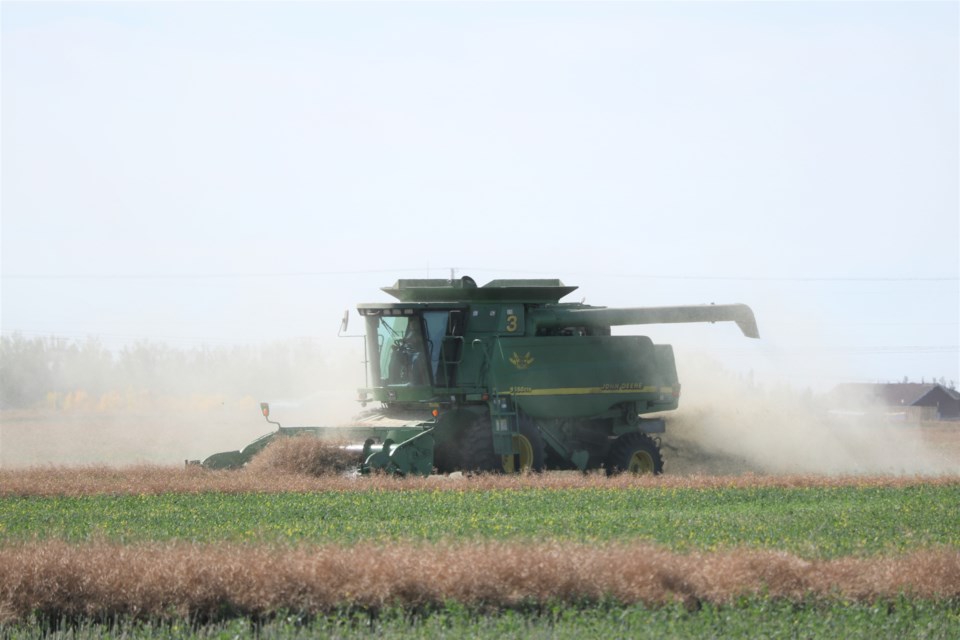The interest is simply based on the numbers, considering that there is a perception out there that the consumer is generally concerned with herbicide use and specifically has reservations about genetic modification.
But, perhaps that concern is more of a reality in certain locales than a general worldwide one.
Or, it might be a case where it comes down to how one asks the questions of a consumer.
Asking questions can be something of an art form, and questions can be formulated in such a way as to illicit a certain response.
So, if you ask someone walking the aisles of a grocery store would you prefer a genetically modified food, or one that is not, almost all are going to suggest the non-modified option.
But, add in that the modified option is half the price, well the response is going to be modified too.
And you can tweak that same question in various other ways, each influencing responses just a little. There are no doubt expert firms out there getting well-paid by various groups to fashion questions in just the right way to achieve wished for results.
The factor of cost is also a huge one in terms of what is acceptable for food.
The greater one’s income the less they worry about the cost of the grocery bill, allowing the consumer to buy whatever they want for the table – and if the cheese is imported and high priced, or the beef steak higher than ground beef, so be it.
But, low income shoppers often shop with one primary focus, the lowest-cost food options to put meals on the family table three times a day.
And, sadly, we all know far too well, that there are many in Canada who simply do not have the money to buy food for three ‘squares’ a day, and that is why food banks are doing more business every year.
On a worldwide basis the situation is worse in certain locales. Food shortages based on poor local harvests, poor wealth distribution, and poor food distribution systems, all contribute to far too many going to bed hungry every night.
For the poor, the hungry, the question isn’t one of GM or non-GM, but simply where the next meal they can afford will come from.
And, that is where GM crops can play a role. They are designed to offer farmers options to grow big, and better crops, and that is at least the first step in full bellies around the world – a source of food with good science behind it.

